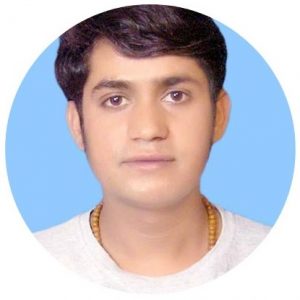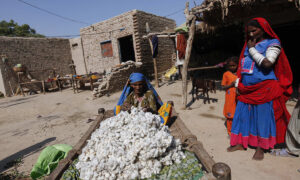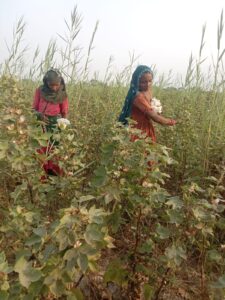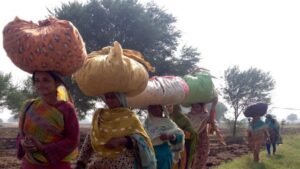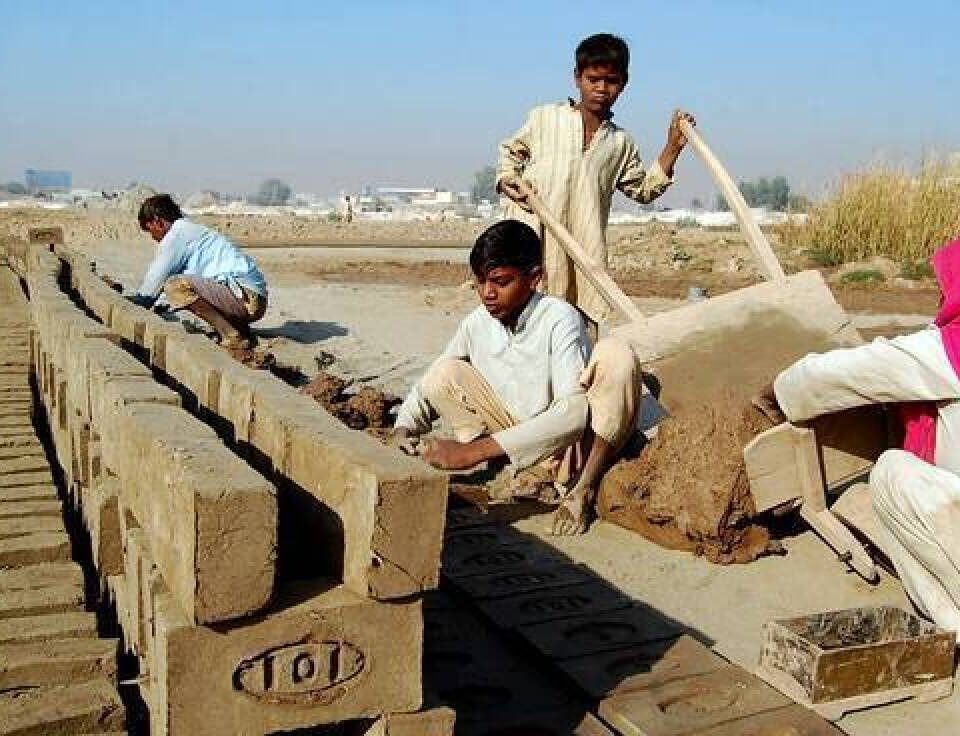Female Cotton Workers Face Daily Harassment, Health Challenges for Meager Wages

Karachi’s Waste Management Crisis: A Call to Action for a Cleaner, Greener Future
September 9, 2023
Suspended Thar Train Express Halts Pilgrimages, Loved Ones Meeting
October 5, 2023Female Cotton Workers Face Daily Harassment, Health Challenges for Meager Wages
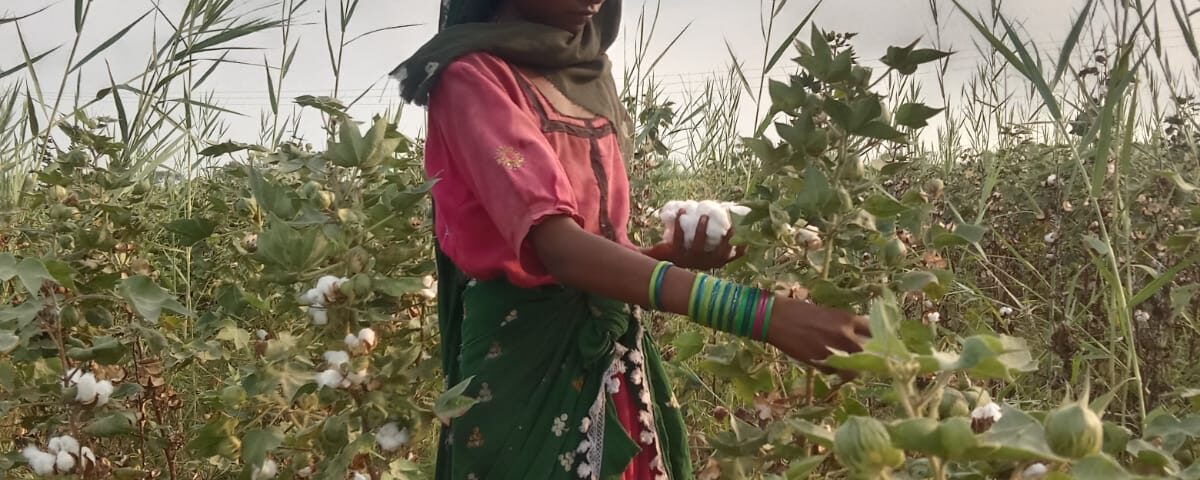
(Pawan Kumar)
Radha Bhagri works as a cotton picker in Matiari District. She is 53 and has four children including three daughters. While working in cotton fields in Gulab Bagri, a village in Matiari district, she says: “I come here early morning with my children and go home late evening earning only Rs 300 to Rs 400 rupees a day for my work”
Other cotton pickers working with her say the Sindh government does nothing to make landlords pay the official minimum wage – which is about Rs 1,200 per day. In fact, the workers aren’t even paid a fixed amount. Their daily wages depends on how much cotton they pick. The going rate is Rs20 to Rs 25 for picking one kilogram of cotton. Since most women pickers do not pick more than 25 kilograms of cotton in a day, their daily wage does not go beyond Rs500 to Rs600 per day.
Another cotton picker working in the same field with three young children, all daughters, says she and other workers face verbal and sexual harassment every day from the landlords and their staff. “We cannot share our problems with our male family members,” she said choosing to remain anonymous.
Besides low wages and harassment at work, the cotton pickers have no safety gear to protect themselves from the scorching sun or their hands from the prickly parts of the cotton plant. These problems are not specific to those working in Matiari, but common across Sindh’s cotton belt from Nawabshah to Badin and every district in between.
Women cotton pickers everywhere complain they are paid insufficient wages and subjected to verbal and physical abuse as a matter of routine. Similarly, workrelated diseases such as rash, sunburn and other skin diseases are common among them.
The cotton pickers who are mostly women belong to the Bagri and Bheel castes of scheduled Hindus living in Sindh. The people belonging to these castes are often illiterate and extremely poor, possessing little skills other than those used in basic agriculture. These women cannot leave their children at home as no one will take care of them so they bring them to the fields and often make them work as well to earn a few extra rupees.
Marvi Awan, of the government’s Women Complaint Cell in Hyderabad, says women cotton pickers are more vulnerable to exploitation and abuse than men. “Their gender is the reason they are facing issues like low wages and harassment at the workplace,” she says. “They also do not get a weekly or monthly holiday and they don’t get paid if they cannot work due to medical problems or other emergencies,” she adds.
Sources in Sindh’s agriculture sector say that one million workers, including a large number of women, are engaged in cotton picking across the province. Among them one often sees pregnant women, small children and disabled workers. Though the provincial government has made several laws such as the Sindh Prohibition of Employment of Children Act, 2017, the Sindh Child Protection
Authority Act, 2011, the Sindh Bonded Labour System (Abolition) Act, 2015, the
Sindh Right of Children to Free and Compulsory Education Act, 2013, and the Sindh Industrial Relations Act, 2013, none of these laws have helped to improve the cotton pickers lot.
Akram Khaskheli, a peasant rights activist from a small village in Nawabshah District, says the Sindh government is to blame for its failure to stop the economic and physical abuse of cotton pickers. “The absence of government mechanisms to ensure suitable wages and safe working conditions in the agriculture sector is a major reason children are employed openly in farm-work in all cotton growing districts of Sindh,” he says. He warns: “This rampant exploitation of cotton pickers,” runs the risk of hurting Pakistan’s entire cotton supply chain as western buyers can boycott the products made from it,” he says and adds that as much as “35 percent of all cotton produced in Pakistan is grown in Sindh”.
To address these problems, Khaskheli demands that all laws pertaining to worker rights be implemented. He also demands that the government register all cotton pickers and give them the right to unionize themselves. “The government should constitute and activate district vigilance committees to prevent debt bondage in all agricultural areas.” According to him, “it is this bondage that forces entire families, particularly those belonging to poor Hindu castes, to work in cotton fields under inhuman working conditions and get paid very little for their work”.
Ghufrana Arain, a Hyderabad-based representative of the Human Rights Commission Pakistan (HRCP), echoes Khaskheli views. “Most women working as cotton pickers in Matiari and Hala areas belong to scheduled caste Hindu communities, this is a major reason why they suffer more than other cotton pickers,” she says.
She says her organization receives frequent complaints from women about low wages, sexual harassment and physical abuse. “We take these complainants to the concerned police officials to have them addressed. We also write to government departments for the protection of the rights of these cotton pickers but often receive no response.”
Marvi Sario, assistant director at the local government department in Hyderabad district, acknowledges tshe has seen many cases of harassment and low wages among cotton picking women. But says the women who suffer these problems neither report their problems to the police nor any other government department because they fear that they might be dismissed from work.


